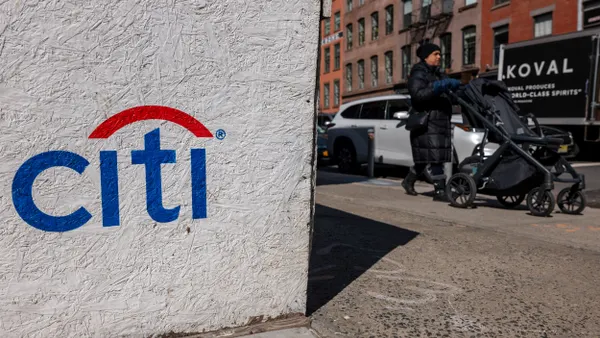Fintech OppFi is trying to reverse a California regulator’s claim that it is involved in illegal and high-cost lending services, insisting that the claims are based on the “true lender” doctrine, which it calls “underground regulation.”
OppFi is challenging the California Department of Financial Protection and Innovation in a cross-complaint filed Monday in the same court that turned down a proposal to dismiss the DFPI’s $100 million usury case against the fintech.
The DFPI alleges OppFi used an out-of-state bank to issue OppLoans in California, carrying an interest rate between 59% and 160%. California caps interest rates at 36%.
The department says that though these caps do not technically apply to FinWise Bank, OppFi’s Utah-based partner bank, the relationship between the two is a “rent-a-bank ruse” designed to permit OppFi “to circumvent interest rate limits.”
Utah has no interest rate ceiling by law.
The DFPI asserts OppFi, not FinWise, held the “predominant economic interest” in OppLoans in bearing the risk of poor loan performance. “OppFi is the true lender, and its loans are illegal,” it concluded.
OppFi argued that the DFPI adopted the true lender doctrine without prior notice and did not comply with the Administrative Procedure Act, which was designed to give regulated entities notice of the regulation’s requirement for them to conform to those activities accordingly.
It claimed that fintech was now facing “an existential threat to their businesses, as well as significant monetary penalties, based on an interpretation ... adopted by the DFPI without complying with the APA.”
OppFi claimed it had to comply with a “vague and amorphous test” where the relevancy of the California Financial Law’s interest rate cap was left to the discretion of the regulator, whereas APA rulemaking was created to prevent these unfair results.
OppFi said that since the DFPI did not include the “true lender” doctrine during the APA’s rulemaking process, it is an “underground regulation” that is “invalid and cannot be enforced.”














